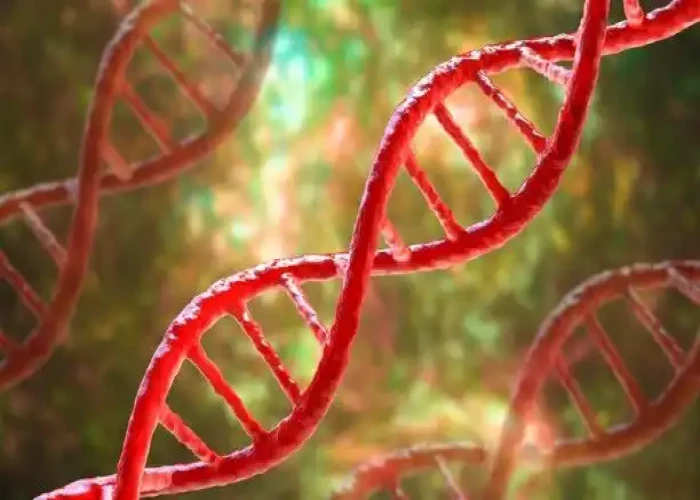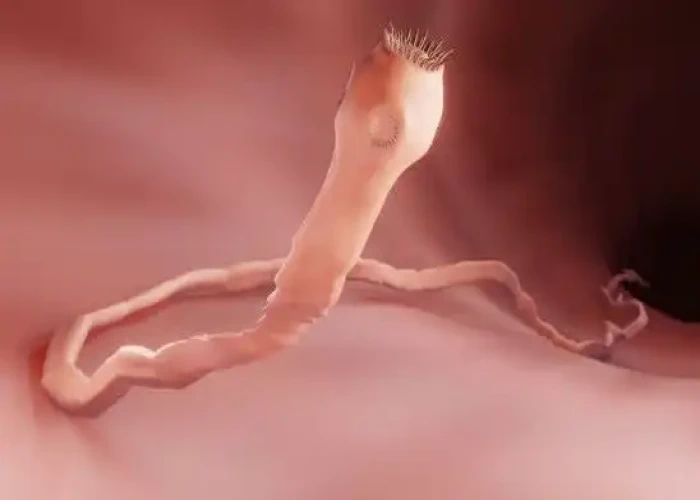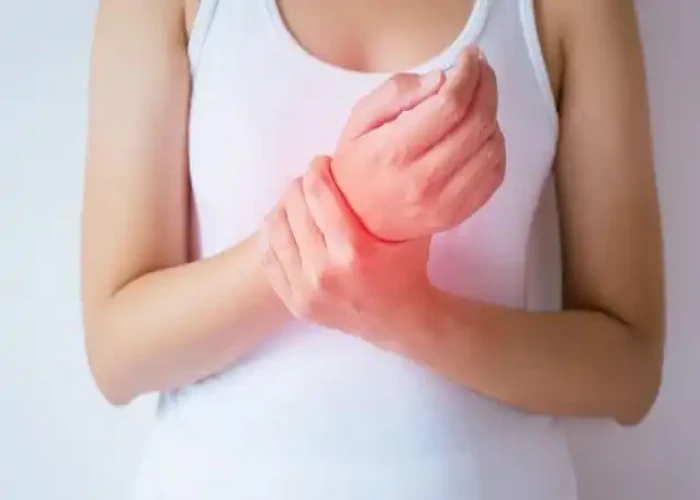 Welcome
Welcome
“May all be happy, may all be healed, may all be at peace and may no one ever suffer."
Turner syndrome

Turner syndrome is a genetic condition that affects females. It is caused by the absence or partial absence of one of the two X chromosomes in a female's cells. As a result, individuals with Turner syndrome have specific physical features and potential health issues.
Some of the physical features associated with Turner syndrome include short stature, a webbed neck, low hairline at the back of the neck, small or underdeveloped breasts, and swelling of the hands and feet. Other potential health issues include heart and kidney problems, hearing loss, thyroid dysfunction, and infertility.
Diagnosis of Turner syndrome is often made during fetal development or infancy, but can also be made later in life. It is usually based on a physical exam, chromosome analysis, and imaging tests.
Treatment for Turner syndrome may depend on the specific health concerns of each individual. For example, hormone therapy can be used to help with growth and development, and surgery may be recommended to correct physical features. Regular medical care and monitoring are also important to address potential health concerns and support overall well-being.
Research Papers
Disease Signs and Symptoms
- Swollen (Edema)
- Large fluid collection on the back of the neck or other abnormal fluid collections (edema)
- High, narrow roof of the mouth (palate)
- Arms that turn outward at the elbows
- Low hairline at the back of the head
- No growth spurts at expected times in childhood
- Adult height significantly less than might be expected for a female member of the family
- Failure to begin sexual changes expected during puberty
- For most women with Turner syndrome, inability to conceive a child without fertility treatment
Disease Causes
Turner syndrome
Most people are born with two sex chromosomes. Males inherit the X chromosome from their mothers and the Y chromosome from their fathers. Females inherit one X chromosome from each parent. In females who have Turner syndrome, one copy of the X chromosome is missing, partially missing or changed.
The genetic changes of Turner syndrome may be one of the following:
- Monosomy. The complete absence of an X chromosome generally occurs because of an error in the father's sperm or in the mother's egg. This results in every cell in the body having only one X chromosome.
- Mosaicism. In some cases, an error occurs in cell division during early stages of fetal development. This results in some cells in the body having two complete copies of the X chromosome. Other cells have only one copy of the X chromosome.
- X chromosome changes. Changed or missing parts of one of the X chromosomes can occur. Cells have one complete and one altered copy. This error can occur in the sperm or egg with all cells having one complete and one altered copy. Or the error can occur in cell division in early fetal development so that only some cells contain the changed or missing parts of one of the X chromosomes (mosaicism).
- Y chromosome material. In a small percentage of Turner syndrome cases, some cells have one copy of the X chromosome and other cells have one copy of the X chromosome and some Y chromosome material. These individuals develop biologically as female, but the presence of Y chromosome material increases the risk of developing a type of cancer called gonadoblastoma.
Effects of the missing or changed chromosome
The missing or changed X chromosome of Turner syndrome causes problems during fetal development and other developmental problems after birth — for example, short stature, ovarian insufficiency and heart defects. Physical characteristics and health complications that arise from these chromosomal issues vary greatly.
Disease Prevents
Disease Treatments
Because symptoms and complications vary, treatments are tailored to address the individual's specific problems. Evaluation and monitoring for medical or mental health issues associated with Turner syndrome throughout life can help to address problems early.
The primary treatments for nearly all girls and women with Turner syndrome include hormone therapies:
- Growth hormone. Growth hormone therapy — usually given daily as an injection of recombinant human growth hormone — is typically recommended to increase height as much as possible at appropriate times during early childhood until the early teen years. Starting treatment early can improve height and bone growth.
- Estrogen therapy. Most girls with Turner syndrome need to start estrogen and related hormone therapy in order to begin puberty. Often, estrogen therapy is started around age 11 or 12 years. Estrogen helps to promote breast development and improve the size (volume) of the uterus. Estrogen helps with bone mineralization, and when used with growth hormone, may also help with height. Estrogen replacement therapy usually continues throughout life, until the average age of menopause is reached.
Other treatments are tailored to address particular problems as needed. Regular checkups have shown substantial improvements in the health and quality of life for girls and women with Turner syndrome.
It's important to help your child prepare for the transition from care with your pediatrician to adult medical and mental health care. A primary care doctor can help to continue coordination of care among a number of specialists throughout life.
Health care team
Because Turner syndrome can result in developmental concerns and medical complications, several specialists may be involved in screening for specific conditions, making diagnoses, recommending treatments and providing care.
Teams may evolve as needs change throughout life. Care team specialists may include some or all of these professionals, and others as needed:
- Hormone disorder specialist (endocrinologist)
- Specialist in women's health (gynecologist)
- Physician who specializes in genetics (medical geneticist)
- Heart specialist (cardiologist)
- Specialist in skeletal disorders (orthopedist)
- Specialist in urinary tract disorders (urologist)
- Ear, nose and throat (ENT) specialist
- Specialist in gastrointestinal disorders (gastroenterologist)
- Specialist in vision problems and other eye disorders (ophthalmologist)
- Specialist in hearing problems (audiologist)
- Mental health professional, such as a psychologist or psychiatrist
- Developmental therapist, who specializes in therapy to help your child develop age-appropriate behaviors, social skills and interpersonal skills
- Special education instructors
- Fertility specialist (reproductive endocrinologist)
Pregnancy and fertility treatment
Only a small percentage of women with Turner syndrome can become pregnant without fertility treatment. Those who can are still likely to experience failure of the ovaries and subsequent infertility very early in adulthood. So it's important to discuss reproductive goals with your health care provider.
Some women with Turner syndrome can become pregnant with the donation of an egg or embryo. A reproductive endocrinologist can discuss options and help evaluate the chances of success.
In most cases, females with Turner syndrome have high-risk pregnancies. It's important to discuss those risks before pregnancy with a high-risk obstetrician ― a specialist in maternal-fetal medicine who focuses on high-risk pregnancies ― or a reproductive endocrinologist.
Disease Diagnoses
Disease Allopathic Generics
Disease Ayurvedic Generics
Disease Homeopathic Generics
Disease yoga
Turner syndrome and Learn More about Diseases

Tapeworm infection

Compulsive gambling

Patent foramen ovale

Ulnar wrist pain

Bedsores (pressure ulcers)

Brain tumor

Carcinoid syndrome

Persistent depressive disorder (dysthymia)
turner syndrome, টার্নার সিনড্রোম
To be happy, beautiful, healthy, wealthy, hale and long-lived stay with DM3S.
